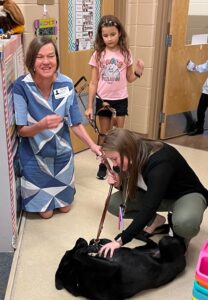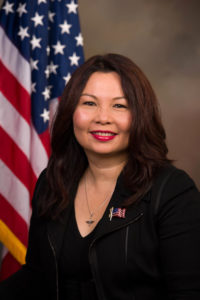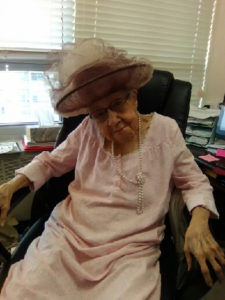Questions Kids Ask: Does it Hurt to be Blind?
November 22, 2022 • 16 Comments • Posted in blindness, Braille, guide dogs, questions kids ask, Seeing Eye dogs, travel, visiting schools, writing, Writing for Children
That’s my niece, Kennedy (I call her Toots), with her teacher and Luna.
One week ago today I was at Sterling Park Elementary, a dual-language school in Casselberry, Florida giving a presentation to third graders. My eight-year-old great-niece Toots goes to that school, and my sister Cheryl and I had flown from Chicago to Florida a few days earlier to see Toots in a children’s theater performance of the musical “Annie.”
And then, what great luck: last Tuesday, November 15, was “Teach-In” at Sterling Park Elementary, and if we stayed in Florida for a few more days after the fabulous performance of “Annie” I could come talk with her third-grade class about what it’s like to be blind, write books, and get around with a Seeing Eye dog.
So we stayed.
When it was time for the presentation, my Seeing Eye dog Luna led me to a chair in front of the kids — they were all sitting on the floor, criss-cross applesauce. Except for Toots.
Note: “Toots” is not her real name, but she is, well, such a “Toots” that I can’t help myself. I have to call her Toots! And Toots doesn’t seem to mind. She was standing in front of the class as we walked in, ready to assist Aunt Beth with anything necessary. As we got ourselves ready to do the presentation, she came close enough to whisper and assure me that it was “okay to call me Toots.”
I kept my presentation short, and Toots surprised me by taking over from there, announcing we were going to show our audience a game the two of us play when we’re together. “I put things in Aunt Beth’s hands,” she explained, “and see if she can guess what it is!” From there she ran around the classroom to collect things that might fool me, and she even kept score on the whiteboard behind us. Pretty sure I won, two to one.
And then Toots was right there at the front of the room to call on her school friends who had questions afterwards. A note of thanks to Mrs. Grau (one of the teachers there) and my sister Cheryl for writing these all down for me: There were so many good ones!
- When you became blind, how did it feel?
- Does Luna ever get out of her harness?
- Where do the dogs go in retirement?
- Does Luna know braille, too?
- Do Seeing Eye dogs know they’re in the right place?
- Is it weird to just see black every day?
- Can any dog be a Seeing Eye dog?
- Does it feel weird to be blind?
- If you look at a light do you see a little lighter color black?
- Were you always an author?
- How do you tell the different bills in your wallet?
- How long have you had Luna?
- Does it hurt to be blind?
- Can Luna swim?
- Can a Seeing Eye dog be small?
- Can you send us a letter in Braille?
- How do you make meals?
- I have a Black Lab at home, too — how long did it take to train Luna?
- What are some things you like to do?
- When you dream, do you see things in your mind?
- How do you know what you are eating?
- What other books have you written?
- How many years does Luna have left?
- How does Luna use her sense of smell to help you?
- Who is your favorite service dog?
And with that, I thanked the kids for having us, and once I stood up, the Black Lab at my feet jumped up, shook herself off and stood patiently at my side. I lifted Luna’s harness handle then, commanded, “Luna, outside!” and dozens of eight and nine-year olds, all of them still sitting criss-cross applesauce on the classroom floor, laughed and cheered as Luna threaded me through them and to the door to the hallway.
And for her encore? I took Luna’s harness off so all the kids — and teachers — who wanted to could pet Luna or rub her belly on their way out. As for that last question? The one about which is my favorite service dog? Adults ask me that question a lot, too, and my answer is always the same: The one I’m working with now!



